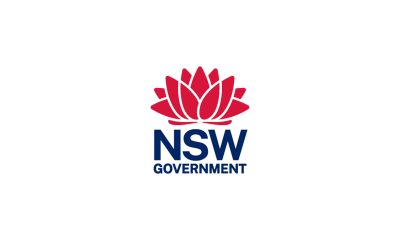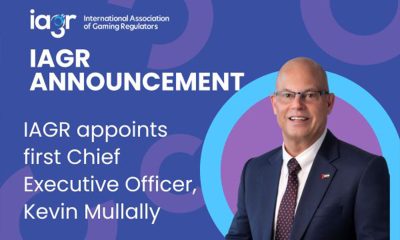ADG
“Please Remain Vigilant: Department PSA on Gaming Scam Calls”
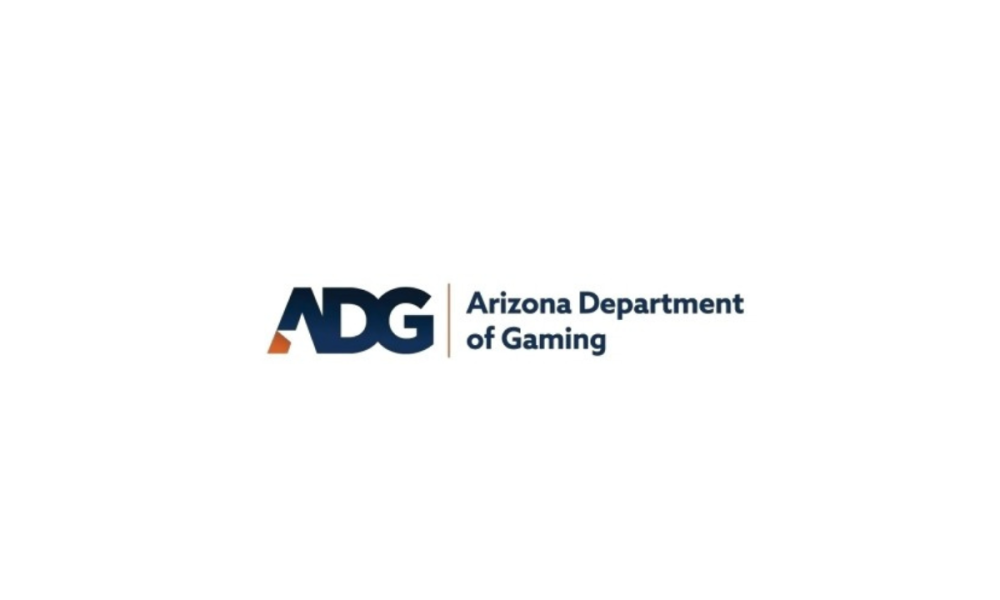
The Arizona Department of Gaming (“ADG”) is warning the public that gaming scam calls are on the rise in Arizona and nearby states. These scammers are pretending to be affiliated with ADG, the National Indian Gaming Commission, and the Indian Gaming Association, among many other organizations, in an effort to steal patrons’ personal information and hard-earned money. Other notable references include, but are not limited. to: the Indian Gaming Association, the Arizona Gaming Commission, the Arizona Indian Gaming Association, the New American Dream Foundation, the Publisher’s Clearing House, etc.
Legitimate organizations such as the ADG, its partner Tribal gaming regulators, and national gaming regulatory agencies will never call a patron to alert them of a “win” or “sweepstakes.” In addition, these legitimate organizations will never call a patron to alert them of delinquent taxes or fees owed to the State of Arizona or the Internal Revenue Service (“I.R.S.”). If someone claims to work for one of these organizations and makes any demands or threats relevant to the information above, they are a scammer. Keep your money safe and secure, pass the information along to others, and report the scammer immediately.
Arizona Attorney General’s Office – Tips to Avoid Falling Victim to Scams:
Verify Information: Before taking any action, hang up the phone and independently verify the legitimacy of the caller by directly contacting the organization they claim to represent by calling those organizations’ official listed phone number(s). Never use the contact details the caller provides call whoever they claim to represent directly. Scammers can mask numbers making it appear that a legitimate company or organization is calling you.
Be Skeptical: Always be skeptical of unsolicited calls, especially those asking for immediate action involving financial transactions. A government agency will never ask you to remove money from your accounts to send via bitcoin, wire transfer, or gift cards.
Only Scammers Demand Payment in Cryptocurrency: No legitimate business is going to demand you send cryptocurrency in advance-not to buy something, and not to protect your money. That’s always a scam.
Secure Your Personal Information: Never share personal information like your social security number, bank account details, or passwords over the phone with unknown callers or give anyone real-time access to your computer. Never click on a link from an unexpected text, email, or social media message, even if it seems to come from a company you know.
Consult Trusted Individuals: Always consult with a trusted family member or friend before making any substantial financial decisions, especially those involving digital currencies like bitcoin.
Report Suspicious Activity: If something feels off, it probably is. Report the call to local law enforcement and file a complaint with the Arizona Attorney General’s Office.
Business, Government, or Job Impersonator Scams:
In a business, government, or job impersonation scam, the scammer pretends to be someone you trust to trick you into sending them money. They might claim that there’s been fraud detected on your accounts and that your money is at risk. To resolve the issue, they may instruct you to send money or cryptocurrency. They might also tell you that there’s a legal problem, that you owe money, or that your accounts or benefits have been frozen as part of an investigation. They then advise you to buy cryptocurrency to fix the problem or protect your money. These are clear warning signs of a scam.
“You’ve Won” scams are a bit different. You may get a call, letter, email, or text saying that you have won. Perhaps it’s a vacation, cruise, lottery, or sweepstakes. They cannot wait for you to get your winnings, however, they advise that there are fees, taxes, or customs duties to pay. Then, they ask for your credit card number or bank account information. In some cases, they might even ask you to pay with cash, gift cards, wire transfers, or cryptocurrency. If you pay a scammer or share your information, your financial and personally identifiable information have now been breached. There is no prize. Instead, you might even receive more requests for money, and more false promises that you’ve won big.
If you believe you or someone you know has been the victim of fraud, file a consumer complaint by visiting www.azeg.gov/consumer. If you need a complaint form sent to you, contact the Attorney General’s Office in Phoenix at (602) 542-5763, in Tucson at (520) 628-6648, or outside the Phoenix and Tucson metro areas at (800) 352-8431.
It is important to note that the Federal Trade Commission (“FTC”) frequently educates the public about avoiding and reporting scams, such as “You’ve Won” scams. If you spot a scam, please report it to the FTC. Go online at ReportFraud.ftc.gov or call at 1-877-FTC-HELP (1-877-382-4357) or TTY 1-866-653-4261. Your report can help protect other people. By reporting fraud, you assist the FTC’s investigators to identify scammers and stop them before they can steal someone’s hard-earned money.
Additionally, if you believe you have been the victim of identity theft, get help from the FTC by visiting www.identitytheft.gov or by calling (877) 438-4338.
ADG takes complaints about illegal gambling seriously. To report suspected illegal gambling activity, visit our website, call (602) 255-3886, or email [email protected]. You can remain anonymous.
ADG
Arizona Department of Gaming Names Juan Carlos Estrada as Boxing and Mixed Martial Arts Executive Director
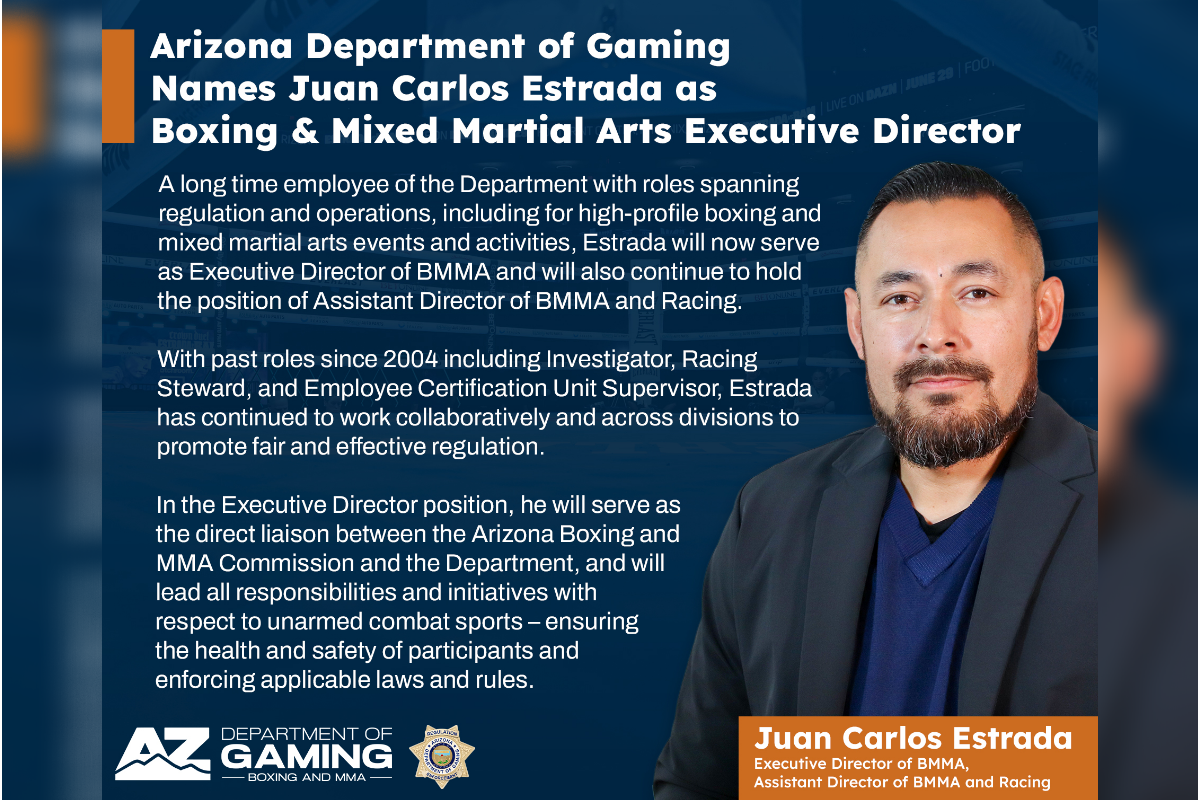
The post Arizona Department of Gaming Names Juan Carlos Estrada as Boxing and Mixed Martial Arts Executive Director appeared first on Americas iGaming & Sports Betting News.
ADG
Arizona Department of Gaming Issues Cease-and-Desists on “Phoenix Dream Home Sweepstakes”
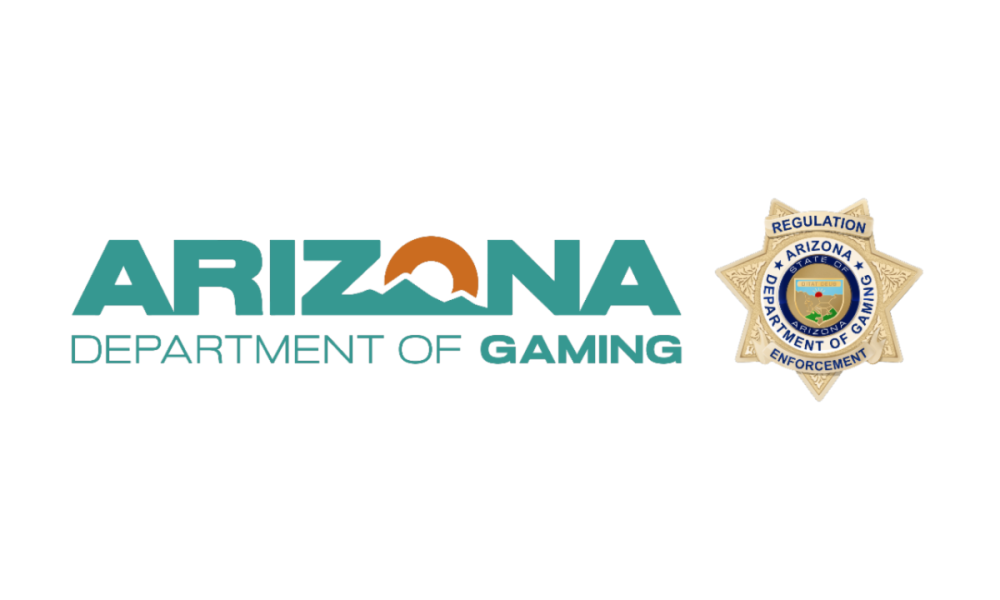
The Arizona Department of Gaming (“the Department” or “ADG”) issued cease-and-desist orders to Raffall, a company based in the United Kingdom, and to an Arizona resident using the platform to promote the ‘Phoenix Dream Home Sweepstakes,’ currently advertised online and through a separate website, winthisazhome.com, which is marketing the chance to ‘Win a Luxury $1.3M Arizona Mountainside Home.’
According to the Department’s investigation, the promotion required participants to purchase entries for a prize to be awarded and promised either a home transfer or a cash payout, depending on sales volume. The investigation further determined that the organizers intended to profit from ticket sales. Based on these findings, the Department alleges the activity constitutes an illegal gambling operation under Arizona law.
As part of the enforcement action, Raffall has been directed to remove all gambling-related drawings or giveaways targeting Arizona residents, and the Arizona resident has also been ordered to cease promoting or conducting any unlawful gambling activity.
“Illegal gambling can take many forms and it does not matter if it is labeled a sweepstakes, raffle, giveaway, or drawing,” said Jackie Johnson, Director of the Arizona Department of Gaming. “Unregulated operations put Arizonans at risk because there is no oversight, and therefore no accountability or safeguards in place. The Department will continue to take enforcement action to protect consumers, and we urge the public to learn what is legal before participating in or hosting any gambling activity.”
Why This Operation Is Illegal
Arizona law prohibits gambling unless it is specifically authorized (A.R.S. Title 13, Chapter 33). There is no exception for so-called “sweepstakes.” Raffles may only be conducted by Arizona charitable, tax-exempt organizations (A.R.S. § 13-3302(B) & (C)), and personal profit is prohibited. Only individuals 21 years of age or older may legally participate in gambling in Arizona.
Because this operation is accessible to users under the age of 21, is conducted for personal gain, and is not conducted by a qualified nonprofit, it violates Arizona law. Additional potential felony violations include:
- Promotion of Gambling – A.R.S. § 13-3303
- Illegal Control of an Enterprise – A.R.S. § 13-2312
- Money Laundering – A.R.S. § 13-2317
Furthermore, foreign-based platforms, such as Raffall, do not adhere to Arizona or U.S. gambling laws, leaving consumers without essential protections.
Consumer Protection Advisory
As illegal online gambling activity continues to rise, the Department urges all residents and visitors to be cautious when participating in gaming, whether online or in-person. Regulated gaming provides important consumer protections, ensuring fair play and fair drawings, data security, accountability, and a safer overall experience.
If you purchased entries in this illegal gambling operation:
- Stop participating immediately and do not buy additional entries.
- Contactyourbank or credit card company to dispute the charges or request a chargeback. Your financial institution is the best avenue for seeking a refund.
- Monitor your accounts for unauthorized transactions.
- If you suspect identity theft, report it to the Federal Trade Commission (FTC):
- IdentityTheft.gov (English)
- RobodeIdentidad.gov (Spanish)
Important: The Department cannot assist with refund requests or individual disputes against unlicensed platforms. Consumers must work through their financial institutions to protect themselves and/or retain legal counsel. They may also file complaints with the Arizona Attorney General’s Consumer Information and Complaints Unit at (602) 542-5763 or azag.gov/consumer.
The post Arizona Department of Gaming Issues Cease-and-Desists on “Phoenix Dream Home Sweepstakes” appeared first on Gaming and Gambling Industry in the Americas.
ADG
Arizona Department of Gaming Releases January Sports Betting Figures
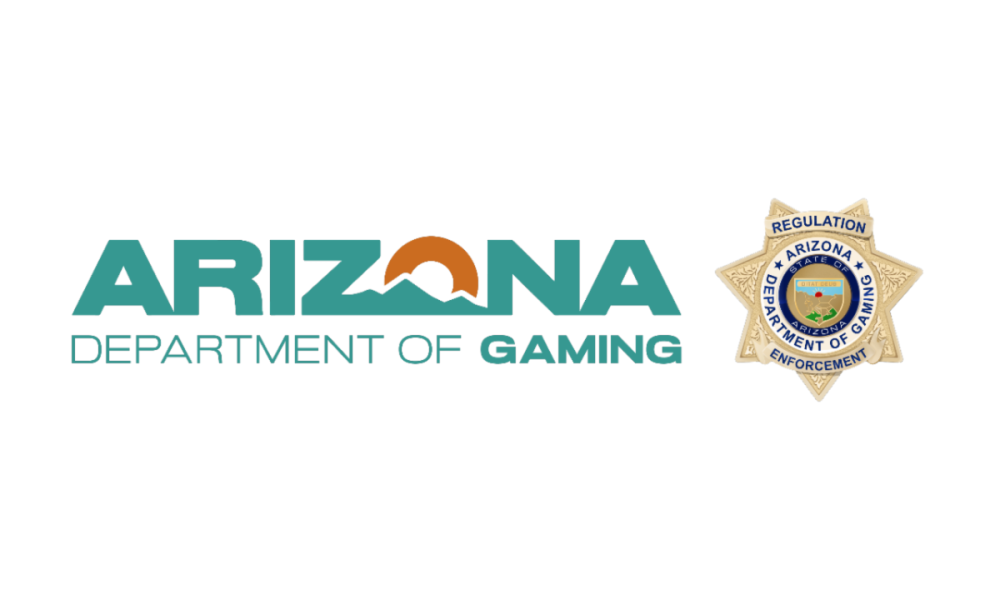
Bettors in Arizona wagered approximately $864 million on sports in January of 2025, according to a new report by the Arizona Department of Gaming. This represents an approximate 22.3% increase when compared to January of 2024.
The state collected approximately $5.3 million in privilege fees in the month. You can view the full January report on the ADG website: LINK.
The post Arizona Department of Gaming Releases January Sports Betting Figures appeared first on Gaming and Gambling Industry in the Americas.
-

 ACMA5 days ago
ACMA5 days agoACMA Blocks More Illegal Online Gambling Websites
-

 Aurimas Šilys5 days ago
Aurimas Šilys5 days agoREEVO Partners with Betsson Lithuania
-

 CEO of GGBET UA Serhii Mishchenko4 days ago
CEO of GGBET UA Serhii Mishchenko4 days agoGGBET UA kicks off the “Keep it GG” promotional campaign
-

 Canada4 days ago
Canada4 days agoRivalry Corp. Announces Significant Reduction in Operations and Evaluation of Strategic Alternatives
-

 Latest News3 days ago
Latest News3 days agoTRUEiGTECH Unveils Enterprise-Grade Prediction Market Platform for Operators
-

 Central Europe5 days ago
Central Europe5 days agoNOVOMATIC Once Again Recognised as an “Austrian Leading Company”
-

 AI5 days ago
AI5 days ago2026 Rewards AI Capability, Not AI Talk – HIPTHER Prague Summit Unveils the Next-Era HIPTHER Academy
-

 Firecracker Frenzy™ Money Toad™4 days ago
Firecracker Frenzy™ Money Toad™4 days agoAncient fortune explodes to life in Greentube’s Firecracker Frenzy™: Money Toad™











